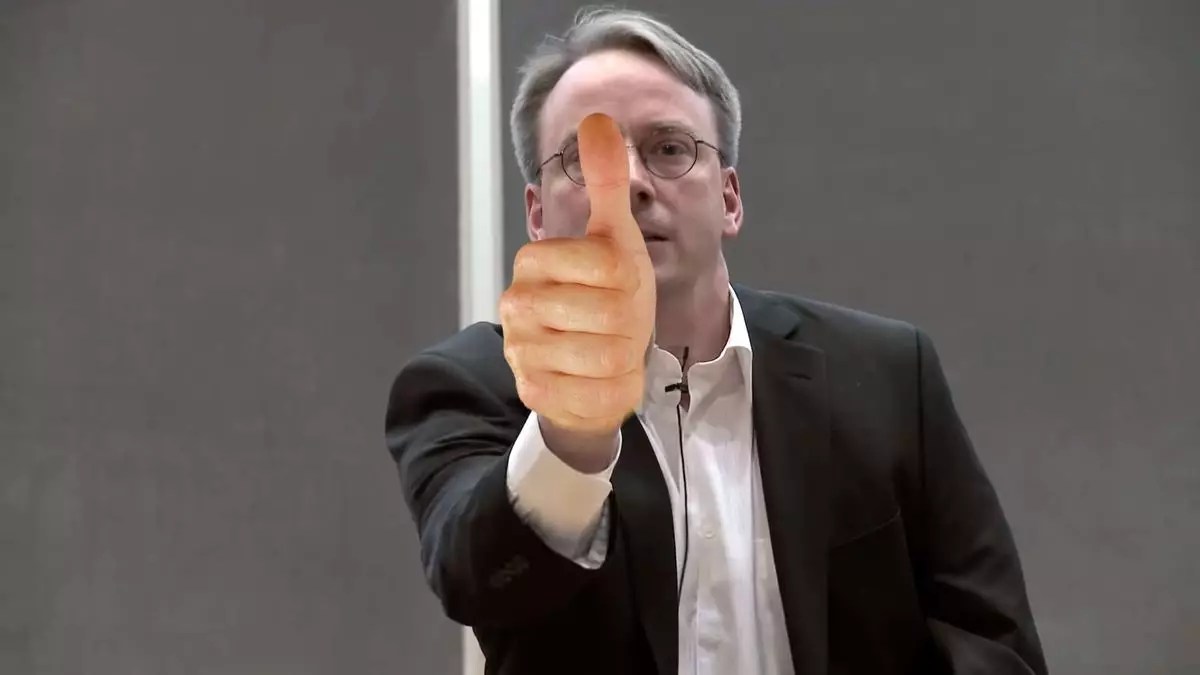Linus Torvalds, the man behind the creation of Linux and known for his blunt and grumpy demeanor, surprisingly shows optimism towards the current hype surrounding artificial intelligence. Speaking at the Open Source Summit, Torvalds humorously comments on the rise of interest in AI and even jokes about the possibility of being replaced by an AI model in the future. This unexpected positivity from Torvalds sheds light on his evolving perspective on technology and its potential impact on our lives.
In a conversation with open source luminary Dirk Hohndel, Torvalds delves into various topics, including the hotly debated issue of AI. While Hohndel expresses skepticism by likening most AI to “autocorrect on steroids,” Torvalds takes a more balanced stance. He urges for patience and caution, suggesting that waiting to see the actual outcomes of AI development over the next decade is a more rational approach than making grandiose claims about its future. This pragmatic viewpoint showcases Torvalds’ analytical nature and his willingness to engage in critical discussions about emerging technologies.
One notable aspect of Torvalds’ discussion is his acknowledgment of the changing dynamics between tech companies and the open source community. Specifically, he praises Nvidia for improving its communication with Linux kernel developers and enhancing compatibility with Linux systems for running large language models efficiently. This shift in attitude towards Nvidia signals a potential thaw in Torvalds’ historically icy relationship with the company, marking a surprising shift in his demeanor towards tech giants.
As a pioneer in the field of software development, Torvalds recognizes the value of AI tools in advancing the quality of code and streamlining the debugging process. He emphasizes the importance of using smarter tools to identify bugs and improve the efficiency of complex scripts, highlighting the potential benefits of AI in enhancing the development process. This forward-thinking approach demonstrates Torvalds’ openness to embracing new technologies and leveraging them to enhance the effectiveness of development practices.
Overall, Linus Torvalds’ reflections on artificial intelligence and its implications for the future of development reveal a nuanced and evolving perspective. While maintaining his trademark candidness and skepticism, Torvalds also demonstrates a willingness to explore the possibilities offered by AI in improving software development processes. His views reflect a balanced assessment of the opportunities and challenges presented by AI, marking a significant shift in his attitude towards emerging technologies. As we navigate the complex landscape of AI innovation, Torvalds’ insights serve as a valuable guide for approaching the transformative potential of artificial intelligence in the realm of software development.


Leave a Reply